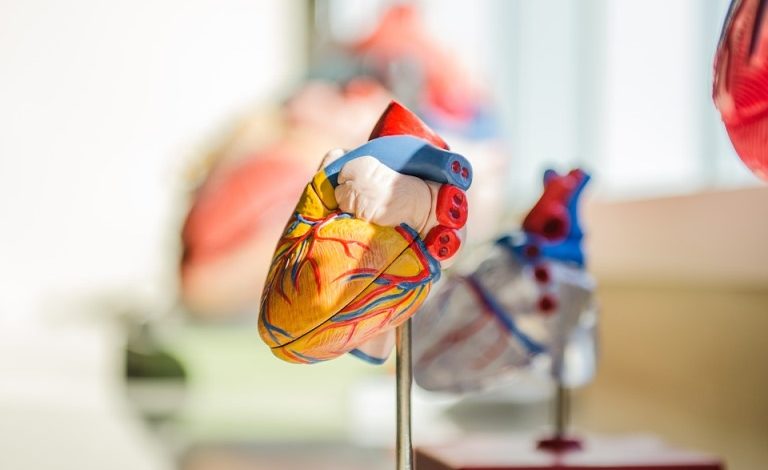ACCC pledges to decrease door-to-baloon time in heart attack

The time frame is less than 60 minutes as against the internationally recommended 90 minutes
Apollo Hospitals has succeeded in reducing the door-to-balloon time to less than 60 minutes as against the internationally recommended 90 minutes timeframe by the American College of Cardiology, saving many lives with this improvement. This achievement is even more praiseworthy amidst the pandemic situation considering the challenges of COVID precautions that need to be taken with every patient who comes to the hospital.
In a heart attack, there is a block in the arteries supplying the heart and the faster the block is removed, the lesser the damage to the heart muscle and the better the chances of recovery. The most common life-saving procedure to remove the block is through balloon angioplasty, stenting or other percutaneous coronary intervention (PCI) that widens the narrowed blood vessels. The time that it takes for a patient suffering a heart attack to receive balloon angioplasty or other treatment from the moment they walk through the hospital doors is known as ‘door-to-balloon time’.
Commenting on the same, Dr Sreenivas Kumar, Director Cardiology & Clinical Research at Apollo Hospitals said, “In a heart attack, time is considered as muscle as every minute of delay causes cardiac damage and leads to increase in mortality and complication. The advent of COVID resulted in many factors that could lead to delay including patients coming late to the hospital; additional precautions had to be taken for infection control, etc. The efforts to reduce door-to-balloon time began during the pandemic to overcome these challenges through a comprehensive strategy to make the emergency Acute Coronary Syndrome (ACS) path more efficient and remove any delays that could impact the door-to-balloon time.”
The measures instituted included ensuring round the clock availability of qualified and well-trained Emergency Medicine Doctors along with an expert cardiology team along with nursing and paramedical staff. Round the clock, cath lab facilities ensured no delay in percutaneous coronary intervention (PCI) procedure for balloon angioplasty. Procedural delays were addressed by designing the optimal ACS pathway to be followed once the patient arrives in the Emergency Department. To smoothen the admission process, administrative and counselling staff were made available in the emergency department itself. Most importantly, it was decided that the concerned cardiologists could go ahead and do the procedures inappropriately indicated patients without any delay due to patient financial matters.
The Emergency Acute Coronary Syndrome (ACS) pathways were analysed in hospitals and the treatment times were noted in the form of Door to Balloon/ wire times were more during these tough covid times (> 90 mins). But Emergency Medicine Physicians, Emergency Medical Technicians (EMT) Cardiology Consultants Consortium (ACCC) and Leadership worked very hard to bring down the delays and rebound with a decrease of Door to Balloon times to less than an hour.
Dr Kumar said, “At Apollo Hospitals, we endeavour to ensure the best outcomes for patients and this milestone with the fastest door-to-balloon time in a heart attack even in the face of the challenges of additional measures to be taken due to COVID is laudatory. This achievement is because of the successful working together of an interdisciplinary team with the best of trained doctors, nurses and para-medical professionals. They have worked together as a team just like a pit crew for a race car. Everyone played a crucial role to create the best system and the entire team is responsible for the success that ensures lives saved and patients returning to productive lives.”




